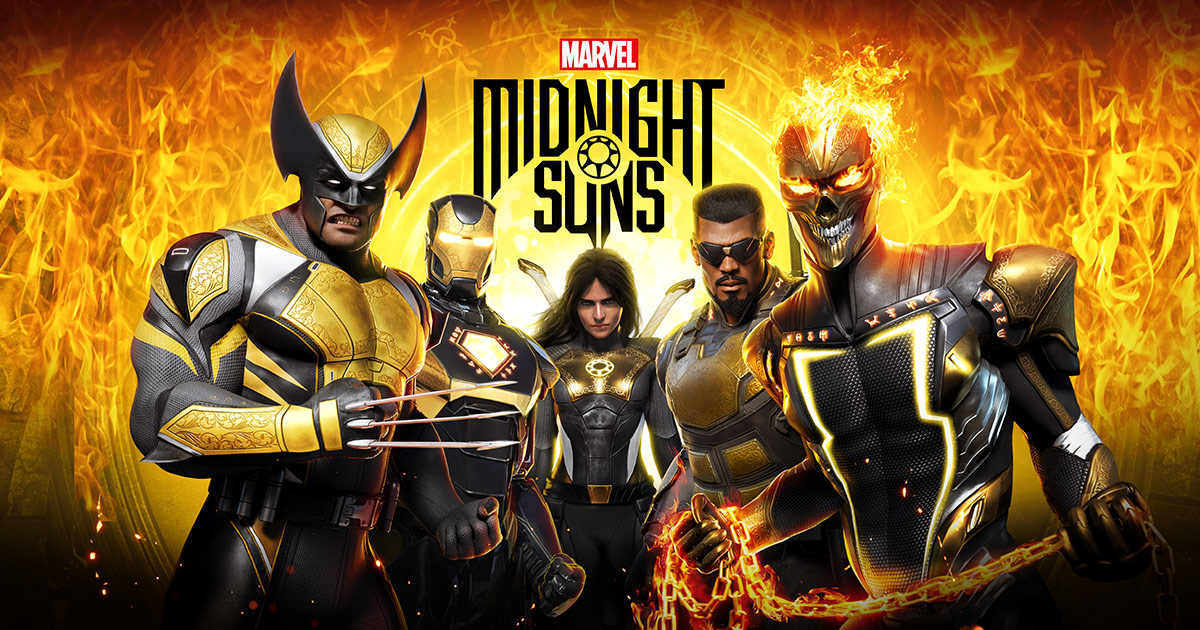Saxo Grammaticus
Clerk
- Joined
- Jul 3, 2021
- Messages
- 921
To be fair, I am actually rather a fan of combat in Humankind  As I have said elsewhere, Humankind is really three games: the Neolithic, the map, and the tactical battle map. It surprised me that I would enjoy tactical combat so much, but it really plays to a certain brute force, immersive strength of mine. They do a lot of things right. For one, you can build units
As I have said elsewhere, Humankind is really three games: the Neolithic, the map, and the tactical battle map. It surprised me that I would enjoy tactical combat so much, but it really plays to a certain brute force, immersive strength of mine. They do a lot of things right. For one, you can build units  There is a pronounced shift from melee to ranged that changes how the AI fights. It also has enough depth to provoke tactical and strategic considerations, giving battles inherent meaning. A generic siege in Humankind is more impactful to me than any combat in Civilization VI bar vanquishing Beowulf.
There is a pronounced shift from melee to ranged that changes how the AI fights. It also has enough depth to provoke tactical and strategic considerations, giving battles inherent meaning. A generic siege in Humankind is more impactful to me than any combat in Civilization VI bar vanquishing Beowulf.
That said, combat is unwieldy in many ways. The tendency for the AI to ambush the player at the start of the turn seems counterproductive--evading AI combat does take some expertise. Fighting in empty cities as I previously alluded to does not seem like intentional game design, but I could be wrong.
I would be interested in some multiplayer tournament where players faced off one-on-one to play two sides of a combat scenario. The units for each side would remain consistent, but perhaps there would be some leeway for initiating combat. This way you could better see the different approaches player take.
 As I have said elsewhere, Humankind is really three games: the Neolithic, the map, and the tactical battle map. It surprised me that I would enjoy tactical combat so much, but it really plays to a certain brute force, immersive strength of mine. They do a lot of things right. For one, you can build units
As I have said elsewhere, Humankind is really three games: the Neolithic, the map, and the tactical battle map. It surprised me that I would enjoy tactical combat so much, but it really plays to a certain brute force, immersive strength of mine. They do a lot of things right. For one, you can build units  There is a pronounced shift from melee to ranged that changes how the AI fights. It also has enough depth to provoke tactical and strategic considerations, giving battles inherent meaning. A generic siege in Humankind is more impactful to me than any combat in Civilization VI bar vanquishing Beowulf.
There is a pronounced shift from melee to ranged that changes how the AI fights. It also has enough depth to provoke tactical and strategic considerations, giving battles inherent meaning. A generic siege in Humankind is more impactful to me than any combat in Civilization VI bar vanquishing Beowulf.That said, combat is unwieldy in many ways. The tendency for the AI to ambush the player at the start of the turn seems counterproductive--evading AI combat does take some expertise. Fighting in empty cities as I previously alluded to does not seem like intentional game design, but I could be wrong.
I would be interested in some multiplayer tournament where players faced off one-on-one to play two sides of a combat scenario. The units for each side would remain consistent, but perhaps there would be some leeway for initiating combat. This way you could better see the different approaches player take.



